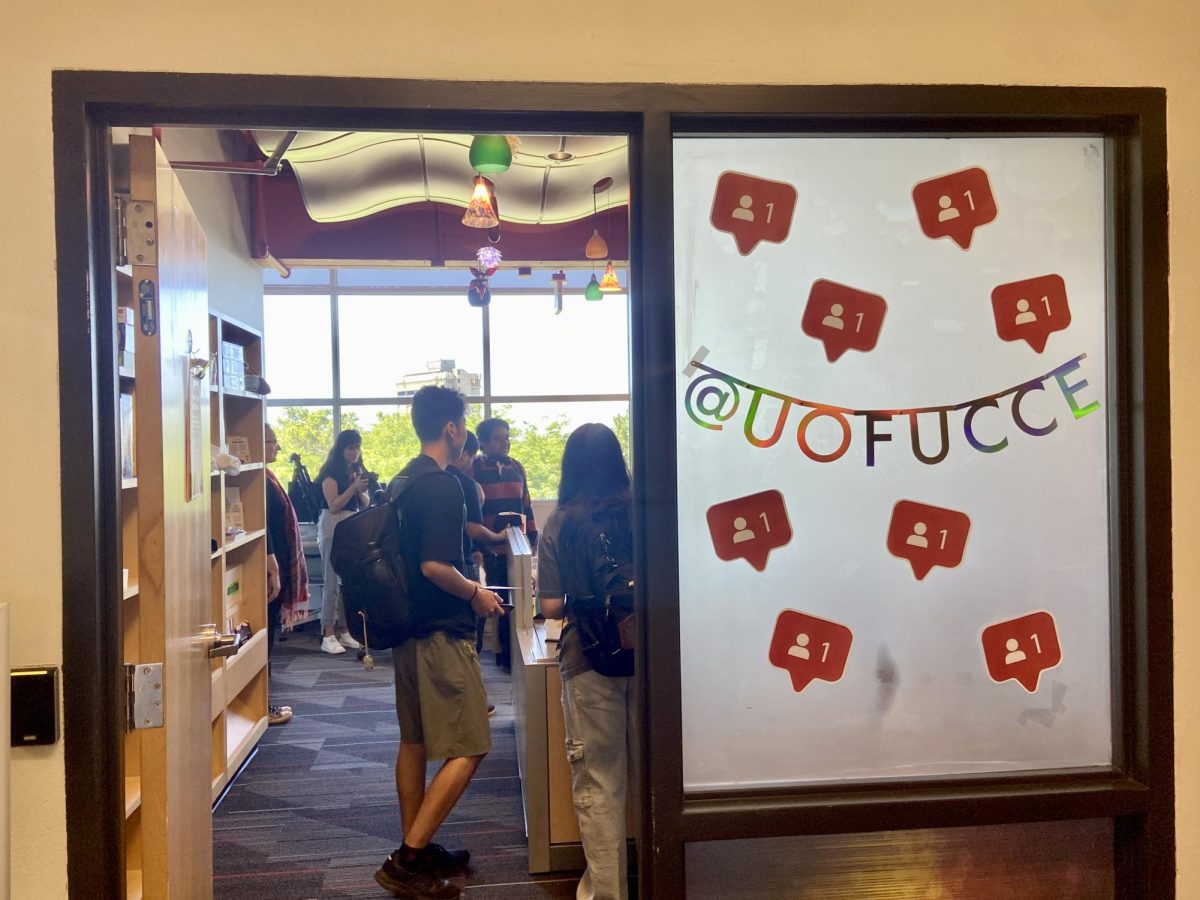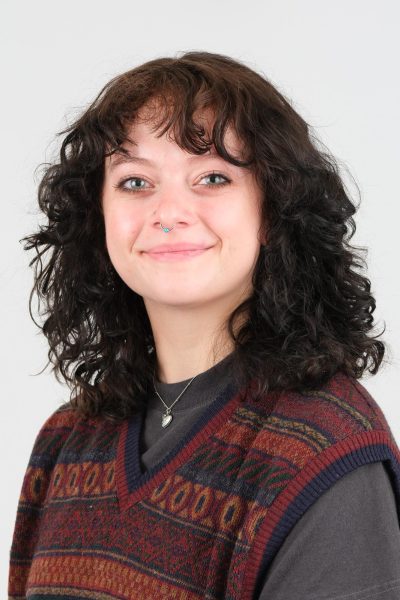Last Wednesday, the Center for Community and Cultural Engagement (CCE) and the Center for Student Access and Resources (CSAR) officially opened to University of Utah students and staff.
These new centers were created after H.B. 261, an anti-DEI bill, led the U to close the Women’s Resource Center, LGBT Resource Center, Center for Student Equity and Belonging and the Black Cultural Center.
“What the law is asking us to do is to separate the resources from the culturally related or identity-based programs and events,” Bryan Hubain, associate vice president for student development and community, explained to The Daily Utah Chronicle in August.
For example, scholarships previously administered through the offices impacted by H.B. 261 are now centralized in CSAR. Meanwhile, the CCE now curates cultural education and celebration programming.
Center for Student Access and Resources
Located in the A. Ray Olpin Student Union in room 411, CSAR’s office space includes a meeting room that students can reserve and a student lounge complete with shared work computers, a printer and a microwave.
“We support student success and well-being through scholarships, personalized one-on-one support, community engagement, skill-building and support navigating higher education systems,” CSAR’s mission statement reads.
Additionally, CSAR offers a lending library and free Plan B contraception, provided through a partnership with the Ascent Center for Sexual and Reproductive Health. Pleasure Packs administered through the Center for Campus Wellness can also be picked up at CSAR.
CSAR Scholarships
“You’ll see that we now give out over $2 million in tuition scholarships,” Jenna Templeton, an associate director at CSAR, added.
CSAR scholarships prioritize first-generation students, parenting students, non-traditional students, STEM and pre-med students, those with financial need and those with challenges related to alcoholism or incarceration. A majority of scholarships offered are not merit-based, and applications generally open in the spring.
“Our belief about scholarships is that it’s not transactional,” Templeton said. “So, being a scholar goes beyond just receiving funds from our office. It’s, ‘here’s the funds towards your tuition, and how else can we holistically support you?'”
Students who receive scholarships through CSAR will also have access to a Student Resource Navigator, who can connect students to “resources and opportunities, supporting you through your academic journey to prepare you for life within and beyond the campus community,” reads an overview of CSAR’s offerings.
“They are integral to supporting students who receive scholarships from us, but they’re also available for any student to reach out to and book a meeting,” Templeton said.
CSAR also runs several cohort programs designed to help retain and support students. Templeton said CSAR will offer skill-building workshops, which will likely include scholarship application-building workshops and post-graduation prep.
“If a student is looking for support, they should email studentresources@utah.edu, and we’ll take it from there,” Templeton said. Additional information can also be found at @uofucsar on Instagram.
Center for Community and Cultural Engagement
CCE is built to focus on community engagement and cultural education and engagement. Programming to accomplish this will likely include a “lecture series, panels, workshops, celebrations which center heritage months and awareness,” LeiLoni Allan McLaughlin, director of the CCE, said.
“We support student well-being and success by providing pathways to vibrant community and culture through education and celebration of unique heritage, experiences and historical contributions,” CCE’s mission statement reads.
On the cultural education side of things, the CCE lists events like film screenings, cultural wellness series and community service projects on its website. Meanwhile, festivals, concerts, dances and town halls are listed for cultural engagement events.
“I think culture engagement is a space where it’s more celebratory, whereas cultural education is more like a space for learning and for dialogue — a lot more exchange,” Lucas Alvarez, a CCE education coordinator, said.
This fall, the CCE will be hosting a monthly event called Crimson Conversations. This series will include panels and potentially workshops and film screenings, Katie Valdez, another education coordinator, explained. These events are scheduled for Sept. 17, Oct. 15 and Nov. 19. More information on these events will be released soon.
“Fall 2024, we’re focusing on this center-wide theme of the culture of wellness,” Valdez said. “Like for Crimson Conversations, we’re going to take many different approaches … because we have Hispanic Heritage Month, LGBTQ History Month and Indigenous Peoples Heritage Month, all in the fall. Each one of those themes are kind of like approaching wellness through that lens of each of those communities.”
Alvarez elaborated on the theme of wellness.
“Making wellness a theme as we come into this academic year is kind of addressing the elephant in the room with different things happening,” he said. “Like how can we keep students safe? How can we make them feel welcomed?”
The CCE can also help connect students to other resources through campus and community partners.
“When students come to us for something they need support in, we are allowed to direct all students wherever they need to go, regardless of whatever realm they’re from,” Allan McLaughlin said. “I hope through our education pieces and community connections and engagement, all students seek out spaces that they may not have previously because I think that there’s a space for everyone and a need for everyone to come together.”
The CCE is located in room 409 of the Union. More information on the center can be found on Instagram @uofucce or by emailing culture@utah.edu.



